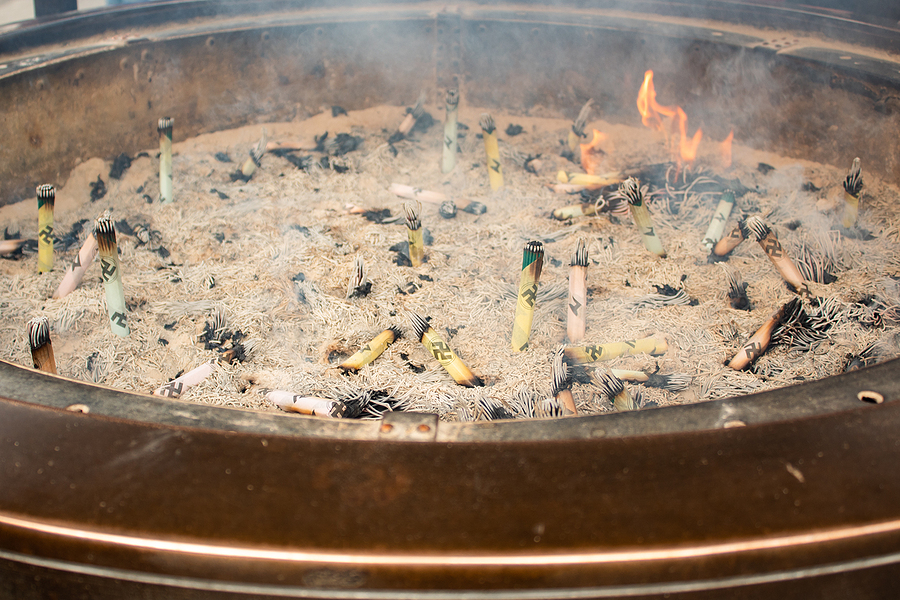
A joyous lent?
It isn’t something you can understand easily. At least I can’t.
That essential connection between joy and sorrow. The sorrowful agony of the man on the cross and the joy of the resurrection.
I think it’s why we write poetry. Because the two emotions sound wholly opposed, as if they live in different realities. But with even just a little life, like by our late teens and early twenties, we know that there is a relationship. About the age I was when I first discovered Kahil Gibran, If only because the two emotions are so primal, universal and shared by all creatures, not just humans.
Gibran’s On Joy and Sorrow
is one of the most poignant and disturbing poems I have ever read. Years ago, when I first discovered it, I memorized one line:
And the selfsame well from which your laughter rises was oftentimes filled with your tears.
https://www.poemhunter.com/poem/joy-and-sorrow-chapter-viii/
There’s an intrinsic metric suggested here, isn’t there? But more than a rhythm, we recognize the truth of this line with a startled gasp, “Of course this is true.” Close to our expectation of gravity.
Now however, more years than I care to count later, an online friend recalled the Lebanese-American artist in an email. The annual season of Lent is here. Forty days that should feel like an endurance test, filled as they are, at least for Christians, the ‘three pillars’ of prayer, fasting, and alms giving.
But this year, they don’t. Instead, I understand a phrase used by a priest at the end of his Ash Wednesday homily, “Have a joyous Lent!”
Finally.
I ended a recent article with these words:
Lent could not come at a better time for me. Forty days to ponder these strange correlations of joy and sorrow; sin and mercy; good and evil. Four weeks in which to slow down. Withdraw. Work on what Anselm Gruen calls “waste removal for the world by cleaning up anger and resentment.”
Over time, I’ve learned to look at Lent as a practice. One where new habits can be learned. Instead of anticipating Easter for the relief of the fasting requirements, I like to use this period to deal with the things I cannot stand about me. It’s a long list.
It’s a cool phrase, isn’t it? One that is worthy of a repeat.
“Waste removal for the world by cleaning up anger and resentment?”
Along the way, I have learned a couple of tricks on how to do this.
Reasonably and truthfully examine those things about me that I can and am willing to change. For the rest, adopt a practice learned from the same priest who exhorted, “Have a joyous Lent!”: “Sanctify the mess!”
In a very real sense, I think that is what Gibran did in his poem “On Joy and Sorrow,” perhaps written around the time he lost both parents and his sister. Here it is in case you’ve not taken the time to read these magnificent words:
Then a woman said, Speak to us of Joy and Sorrow.
And he answered:
Your joy is your sorrow unmasked.
And the selfsame well from which your laughter rises was oftentimes filled with your tears.
And how else can it be?
The deeper that sorrow carves into your being, the more joy you can contain.
Is not the cup that holds your wine the very cup that was burned in the potter’s oven?
And is not the lute that soothes your spirit, the very wood that was hollowed with knives?
When you are joyous, look deep into your heart and you shall find it is only that which has given you sorrow that is giving you joy.
When you are sorrowful look again in your heart, and you shall see that in truth you are weeping for that which has been your delight.
Some of you say, “Joy is greater than sorrow,” and others say, “Nay, sorrow is the greater.”
But I say unto you, they are inseparable.
Together they come, and when one sits alone with you at your board, remember that the other is asleep upon your bed.
Verily you are suspended like scales between your sorrow and your joy.
Only when you are empty are you at standstill and balanced.
When the treasure-keeper lifts you to weigh his gold and his silver, needs must your joy or your sorrow rise or fall.
I wish you a joyous Lent.



